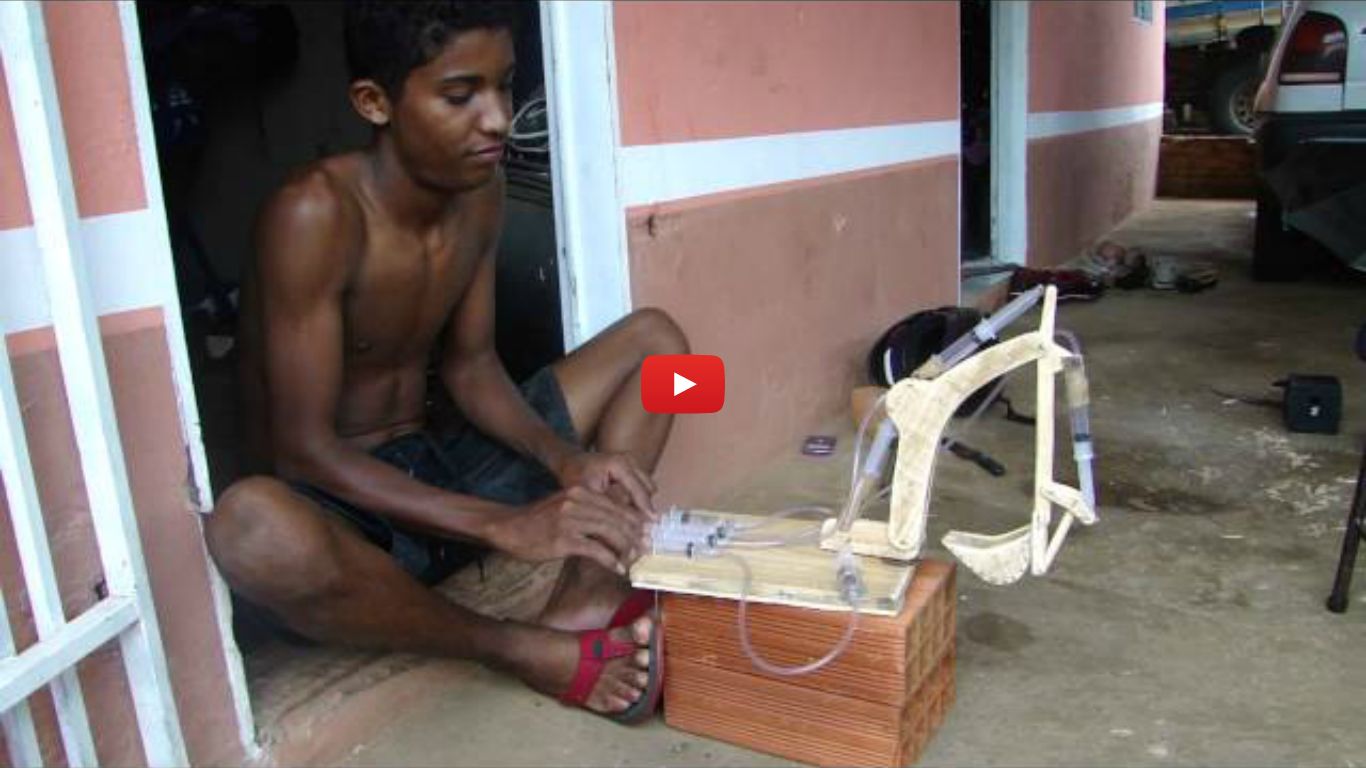Amazing Information About Georgia

Georgia is a frontier country of Western Asia to the Eastern part of the continent of Europe. The scenic country was known as the ‘Kingdom of Georgia’ in the medieval period. Blessed with stunning locales, the country though was a simmering cauldron of political upheaval since ancient times. Occupied by many kingdoms like Rome, Arabs, Seljuk Turks, Mongols, Ottoman Empire, Persia, Russian Empire, and consequently Soviet Russia, Georgia’s history is an epic of biblical proportion. Against all odds the new nation is boldly looking forward to consolidate its identity and work hand in hand with the rest of the world to assert its existence. Georgia is a treat for history buffs as each nook and cranny of the country is etched with a tale of the forgotten world that gave birth to the rich culture and tradition of this fabulous country. Check out more interesting facts about amazing Georgia in the following write-up.
Fast Facts
Capital: T’bilisi
Largest City: T’bilisi
Official Language: Georgian
National Language: Georgian
Demonym: Georgian
Religion: Georgian Orthodox, Russian Orthodox, Islam, and Armenian Apostolic
Legislature: Unitary semi-presidential republic
Independence: 25 December 1991 (from the Soviet Union)
Area: 67,900 sq. km
Population: 4,469,200 (2011 census)
Currency: Lari (GEL)
Interesting And Fun Facts About Georgia
- The ethnic Georgians call themselves Kartvelebi.
- The period between 12th and 13th century is known as the Georgia’s Golden Age or Georgian Renaissance when the Kingdom of Georgia reached its peak both politically and culturally, under the reigns of David the builder and Queen Tamar.
- The world’s deepest cave is the Voronya Cave in Georgia.
- Georgia is considered as a transcontinental country as it spans more than one continent.
- The capital of Georgia is T’bilisi.
- Wine making is the most notable old tradition of Georgia.
- The Jewish community in Georgia is considered to be one of the oldest in the world.
- In 1991, Georgia gained independence from the Soviet Union. (Members of the former USSR were Russia, Belarus, Ukraine, Armenia, Azerbaijan, Georgia, Kazakhstan, Kyrgyzstan, Tajikistan, Turkmenistan, Uzbekistan, Estonia – from WW2, Latvia – from WW2, Lithuania – from WW2 and Moldova – from WW2).
- Georgia is divided into two regions called the west and the east by a chain of mountains called the Likhi Range of mountains.
- The most spoken language in Georgia is Georgian, followed by Russian.
- Georgia is partly situated in the Eastern Europe and partly in the Southwest Asia.
- Georgia is working upon to be the member of the European Union and the NATO as well. Currently it serves as the member of Council of Europe and the GUAM Organization for Democracy and Economic Development.
- In 337 AD, Christianity was declared as the official religion of Georgia.
- Georgia’s highest mountain is Mount Shkhara with an altitude of 5,201 meters (17,059 feet).
- The Rioni and Mtkvari are the two main rivers of Georgia.
- Bagrati Cathedral and Gelati Monastery, Historical Monuments of Mtskheta and Upper Svaneti are three of the significant historical sites in Georgia that have been enlisted as UNESCO World Cultural Heritage Sites.
- Georgia is considered to preserve one of the earliest evidences of human habitation. Archeological excavation has found skulls of pre-historic human being that date back to 1.7 million years.
- T’bilisi has been home to human territory since 4th millennium BC.
- The name of the capital of Georgia, T’bilisi has been derived from the Georgian word for warm.
- During the ancient Roman and Greek times, the western part of Georgia was called Kolkheti (Colchis) and the eastern part was known as Iberia.
- The ancient Greek story of Jason and the Argonauts is about the quest for the fleece and it is mentioned in Georgian myth too, that says that King of Colchis (Aeetes) had a Golden Fleece.
- The port of Poti (known as Phazisi) was a hub for merchant ships that came for trade in Georgia.
- In ancient times, Georgian merchants sailed as far as the Indian Ocean to trade their merchandise in exchange for spices which they would bring back to sell at high price.
- The Silk Road, the ancient trade route that linked Europe and China ran through Phazisi.
- Georgia has been nicknamed as ‘the number one economic reformer in the world’ by the World Bank.
- It stands at the 18th rank in terms of ‘ease of doing business.’
- Bagrati Cathedral in Kutaisi, historical monuments of Mtksheta, Gelati Monastery, and Upper Svaneti are listed as UNESCO world heritage sites.
- A relative of St. George, St. Nino of Cappadoccia was converted to Christianity around 330 AD.
- At the start of the ninth century, the Bagrationi family ruled Georgia and they continued to rule a part of the country until the early 19th century.
- In 11th century, King David the Builder invited scholars to study and teach in the Gelati Monastery.
- Josif Vissarionovich Dzhugashvili or Josef Stalin, the dictator of Soviet Russia who was the second leader of the country after Lenin was from Georgia. Josef Stalin ruled the USSR with steely fist until his death in 1953.
- Shortly after Georgia’s independence, civil war and conflict broke out in the region of Abkhazia and South Ossetia (Tskhinvali). In order to contain the situation, peacekeeping forces were deployed in both the regions.
- In recent times, many people of different ethnic groups have left Georgia for their own respective countries.
- In 2006, the Baku-T’bilisi-Ceyhan pipeline was opened. The pipeline that runs through Georgia and Azerbaijan, brings oil from the Caspian Sea and terminates at a marine terminal at Ceyhan on Turkey’s Mediterranean coast.
- After the Russo-Georgian War in 2008, Russia recognized Abkhazia and South Ossetia. This act was widely condemned by the international community.
- The Khachapuri, filled bread (mostly cheese) is very famous Georgian culinary, exported to various former Soviet states and Russia.
- In February 2005, the Prime Minister of Georgia Zurab Zhvania and a Georgian official Raul Usupov were found dead in an apartment in Tbilisi. The cause of death was found to be poisoning from carbon monoxide from a faulty heater.









